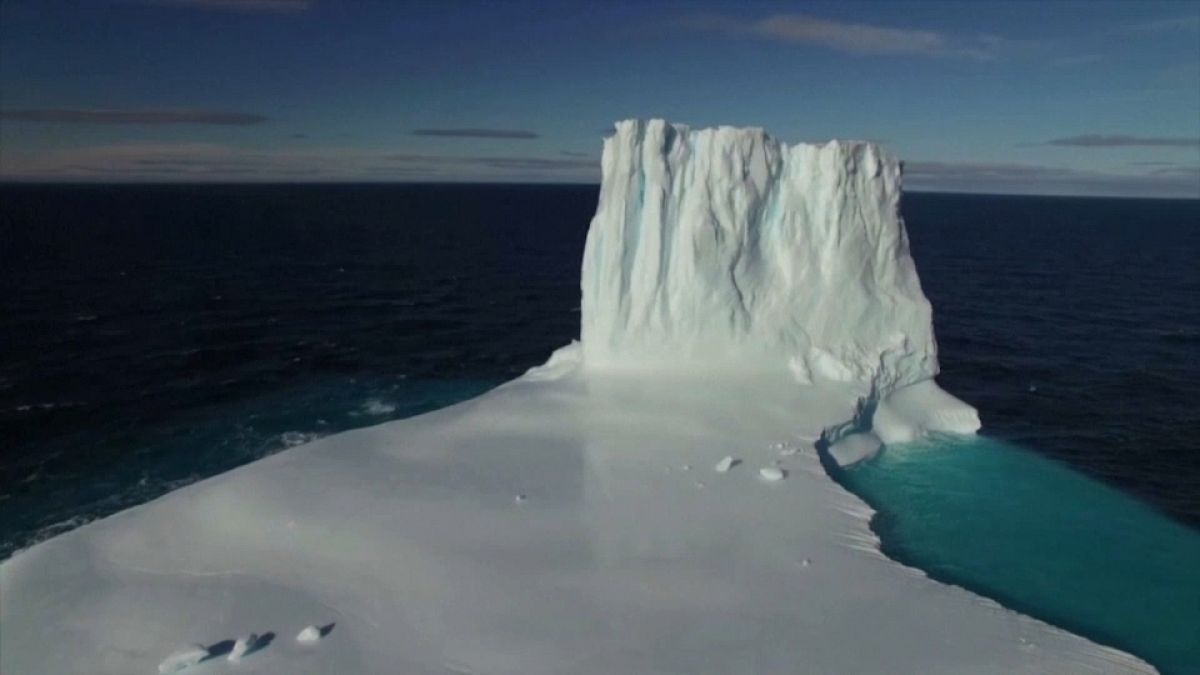Play all audios:
Scientists from 19 countries have set off on a year-long expedition to the Arctic led by Germany's Alfred Wegener Institute. "MOSAiC" is the longest project of its kind and is
intended to better understand global climate change. The icebreaker ship, called Polarstern, set sail from Tromsø, Norway - it will allow hundreds of researchers to spend next year close to
the North Pole. The project will not be easy, however, and the team will face some of the harshest conditions on Earth with temperatures of down to -45℃, total darkness and heavy storms.
MOSAiC's expedition leader, Markus Rex, said an icebreaker has never ventured out into the inhospitable central Arctic in winter before: "The ice is so thick that we will be
locked in the ice, we can't break it and we will just drift with it, going where the ice is going no matter where this will be and we will be in the hands of nature, driven by the
forces of wind and ice, for better or worse," said Rex. The climate system in the Arctic is not fully understood by researchers because research has never been carried out during the
region's winter. This has left scientists in the dark over how some Arctic climate processes work. They hope that this expedition will produce more robust climate predictions in the
future. The Arctic has a significant influence on the planet's weather so understanding it could also mean better understanding the ever-increasing extreme weather. The polar jet stream
was partially responsible for the cold snap in the US this winter as well as the heatwaves across Europe this summer.

